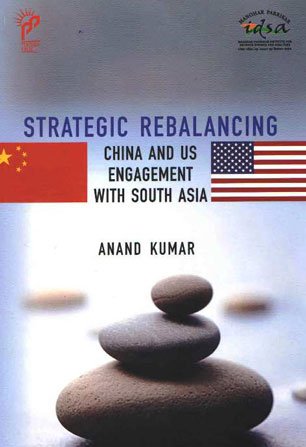Religious Extremism in Ferghana Valley
A series of disturbing events— from the Tashkent bombing in February 1999 to the May 13, 2005 incidents in Andijon city in Ferghana Valley of Uzbekistan— have drawn attention to the growing role of the religious extremist forces in Central Asia. The Islamic Movement of Turkestan (IMT), also known as the Islamic Movement of Uzbekistan (IMU) until the middle of 2003, and the Hizb-ut-Tahrir (HT) – the two leading extremist groups— have openly declared their objective of overthrowing the constitutional system and to create an Islamic state in Central Asia.
- Ramakant Dwivedi
- April 2006
















